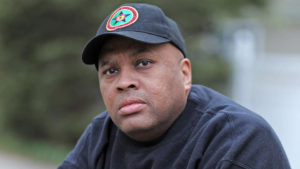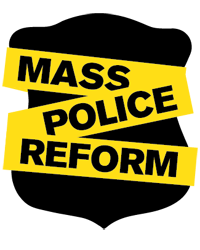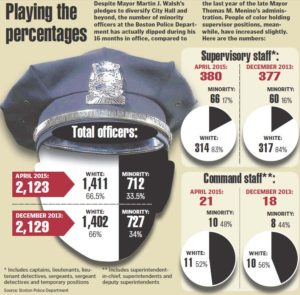BPD diversity remains out of sync with city

The number of minority rank-and-file Boston police officers has dipped slightly during Mayor Martin J. Walsh’s 16 months in office — despite his repeated vows to increase diversity — leaving the force out of step with the city it’s serving and protecting, a Herald review found.
At a time when census figures show the Hub’s minority population at 53 percent, a review of the BPD’s own data found that the number of black, Hispanic, Asian-American and other officers of color has dropped from 727 the last year of the Menino administration, to 712 as of last month — or just 33.5 percent of the entire police force.
Among supervisory staff, minorities gained just six spots to move to 66 overall, but still make up only 17 percent of the 380 officers who serve in crucial roles of captain, lieutenant and sergeant, the data shows.
The review compares the BPD’s racial makeup in December 2013 — the end of the late Mayor Thomas M. Menino’s long tenure at City Hall, and the month before Walsh took office — to April 2015.
Walsh did make good on his campaign vow to diversify the BPD’s 21-member command staff, which now numbers 10 minority superintendents and deputy superintendents, led by Superintendent-in-Chief William G. Gross, according to the review. That represents an improvement over the eight minorities in the 18-member leadership team under former Commissioner Edward F. Davis.
The review was sparked by charges by the state’s minority officers group, in a page-one Sunday Herald story two weeks ago, that black, Latino and Asian officers have failed to make significant strides under Commissioner William B. Evans and Walsh, who rode a wave of support from minority communities into City Hall.
Larry Ellison — the Boston police detective and president of the Massachusetts Association of Minority Law Enforcement Officers who leveled those charges — commented on the Herald review late last week, saying:
“All they talked about for 1 1⁄2 years is, ‘We have a diverse command staff.’ Are we done? Is this the extent of how we diversify the police department? They want to get credit for something that’s not happening. You’re not moving the ball.”
Michael Curry, president of the NAACP’s Boston branch, also slammed City Hall and the BPD, saying late last week:
“What I want to hear from the administration is, what is the plan to move those numbers in a direction that delivers on the diversity that not just Mayor Walsh, but candidate (for) mayor Walsh identified? I see the sense of urgency at the top starting to develop, but that’s a short-term solution because many of them will retire. The reality is, where is the pipeline?”
Aides for Walsh, who was on vacation last week, pointed to his hire of a chief diversity officer this year. “Mayor Walsh has prioritized increasing diversity throughout city government, including the Boston Police Department,” spokeswoman Laura Oggeri said.
Evans told the Herald the drag in diversity is “frustrating,” but insisted his hands are tied — both at the rank-and-file levels and in making promotions — by a civil service exam that’s helped produce “overwhelmingly white” classes of new officers. Among its 41 new recruits, for instance, 32 are white and just two are black, he said.
“I know we’re hurting but it’s out of my control,” Evans said, adding that the BPD has earmarked roughly $2 million to change the exams to help drive up minority numbers. “What we have control over is our command staff and our commitment to diversify speaks for itself.
“I’m not happy with the numbers, but I don’t think anybody does a better job working with the community than the Boston Police Department,” Evans said. “I acknowledge we’re down. We’re trying our best at all levels to increase diversity. There are just certain hindrances that are stymying our efforts.”
To boost diversity in the lower ranks, the BPD for the first time this year used district community service officers to help recruit minorities for the civil service exam, helping land 2,000 applicants, 53 percent of whom were non-white, police said.
Walsh also proposed in next fiscal year’s budget to reinstate the cadet program. BPD spokesman Lt. Michael McCarthy, who noted dozens of current officers — including Evans — have gone through that program, said it’s “one way to encourage people in the neighborhoods to join the police department.”
Yet the lack of movement to date has left minority cop leaders such as Jacobo Negron dissatisfied. Negron, president of the Massachusetts Latino Police Officers Association, said Hispanic patrol officers and supervisors are needed in East Boston and Jamaica Plain to strengthen community relations and reduce crime.
“When you put in officers who reflect their communities, the community listens. The community understands,” Negron said, calling this an opportunity for Walsh and Evans to come up with a “corrective action” plan to boost diversity.
The Herald review comes after activists and community leaders have repeatedly called for more cops of color in their neighborhoods following the paper’s series last summer detailing the department’s backlog of 336 murders from the previous decade. Of those, black men were killed at 10 times the rate of white men in the city, but only 38 percent of their murders were solved.

